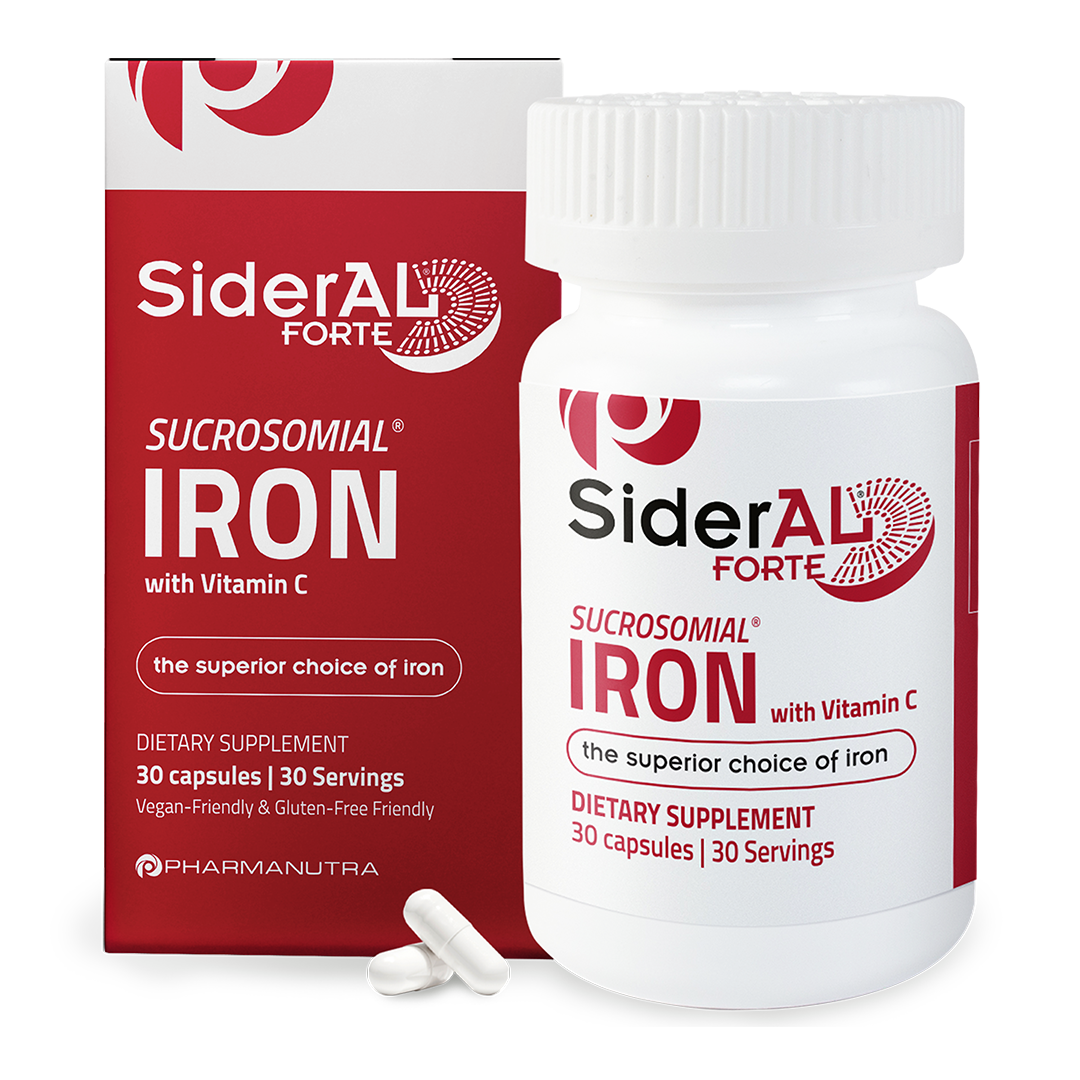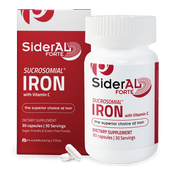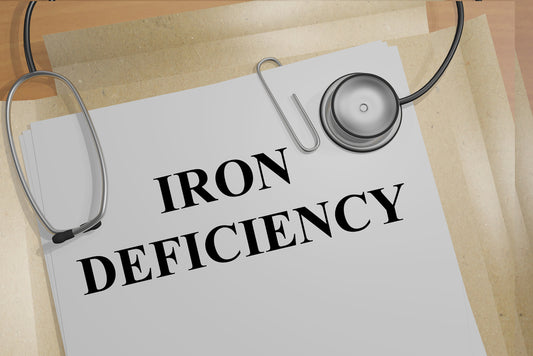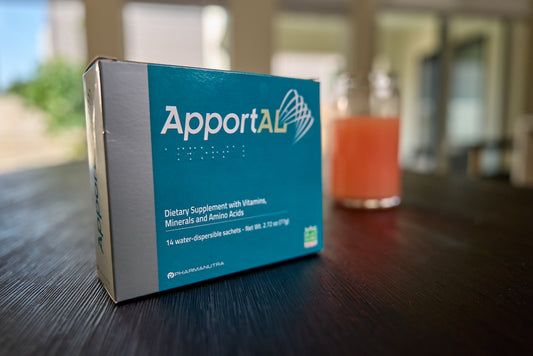
When to Take Iron Supplements: Top 4 Tips
Iron deficiency is the most widespread nutritional problem, affecting about 600-700 million people, according to the World Health Organizations. Iron supplements help to make sure your body is getting the nutrients it needs to live a healthy lifestyle. Are you wondering if iron supplements are right for you? Take a look at these top 4 tips for when to take iron supplements, then consult with your healthcare provider!
If You’re Pregnant and Experiencing Low Iron
Pregnant women are more prone to low iron levels and should get their iron levels tested regularly. This is because during pregnancy, the volume of blood in your body increases, and so does the amount of iron you need. Your body is using iron to make more blood to supply oxygen to your baby, so if you don’t have enough iron stored or aren’t getting enough iron, you could develop iron deficiency anemia. Many expecting mothers take iron supplements to ensure their body has enough iron to keep both mom and baby healthy. Symptoms of iron deficiency during pregnancy can be fatigue, headaches, shortness of breath, craving or chewing ice, and dizziness or lightheadedness. If you’re pregnant and experience any of these symptoms, it’s important to get your iron levels tested.
If You Have a Low Iron Intake with Your Diet

Our body needs a lot of vitamins and nutrients to function at its best. Sometimes it’s hard to rely on diet alone to ensure you’re getting the amount of nutrients you need. Iron-rich foods to include in your diet are meats like beef, chicken, pork, and eggs, and vegetables like spinach, broccoli, kale, and sweet potatoes. If you have a low iron intake with your diet, it’s time to look into taking an iron supplement! Incorporating an iron supplement into your daily routine can help your body reach optimal iron levels.
If You Have Other Physiological Conditions That Lead to Low Iron
There are certain physiological conditions that can lead to iron deficiency. In addition to pregnancy, these conditions can include menstruation, and rapid growth, most commonly in children. People who are experiencing these physiological conditions are more susceptible to iron deficiency, so iron supplementation can come in handy. Other factors that can play a role in low iron levels include vigorous exercise, the inability to absorb iron, and prematurity in babies.
If You’ve Experienced Blood Loss or Hemorrhaging
If you’ve experienced a lot of blood loss or hemorrhaging, your iron levels can drop, resulting in the need for iron supplements. Chronic blood loss within the body, such as from a peptic ulcer or colorectal cancer, can lead to iron deficiency. If you lose blood, you lose some iron — it’s as simple as that! To ensure your iron levels are where they need to be, supplementation can help.
When to Take Iron Supplements

The question of when to take iron supplements depends on what supplements you’re taking. Iron supplements are known to best be absorbed when taken on an empty stomach. This can be about 1 to 2 hours before or after a meal. You’ll want to take it with water or fruit juice. However, if you’ve chosen the iron supplements from PharmaNutra, the timing of when to take iron supplements is more flexible. Our supplements are based on Sucrosomial Iron® which allows it to overcome the gastric environment and be absorbed directly into the intestine. You can take it with water at any time of the day!
To learn more about the iron supplements we offer, visit our SiderAL® page!







